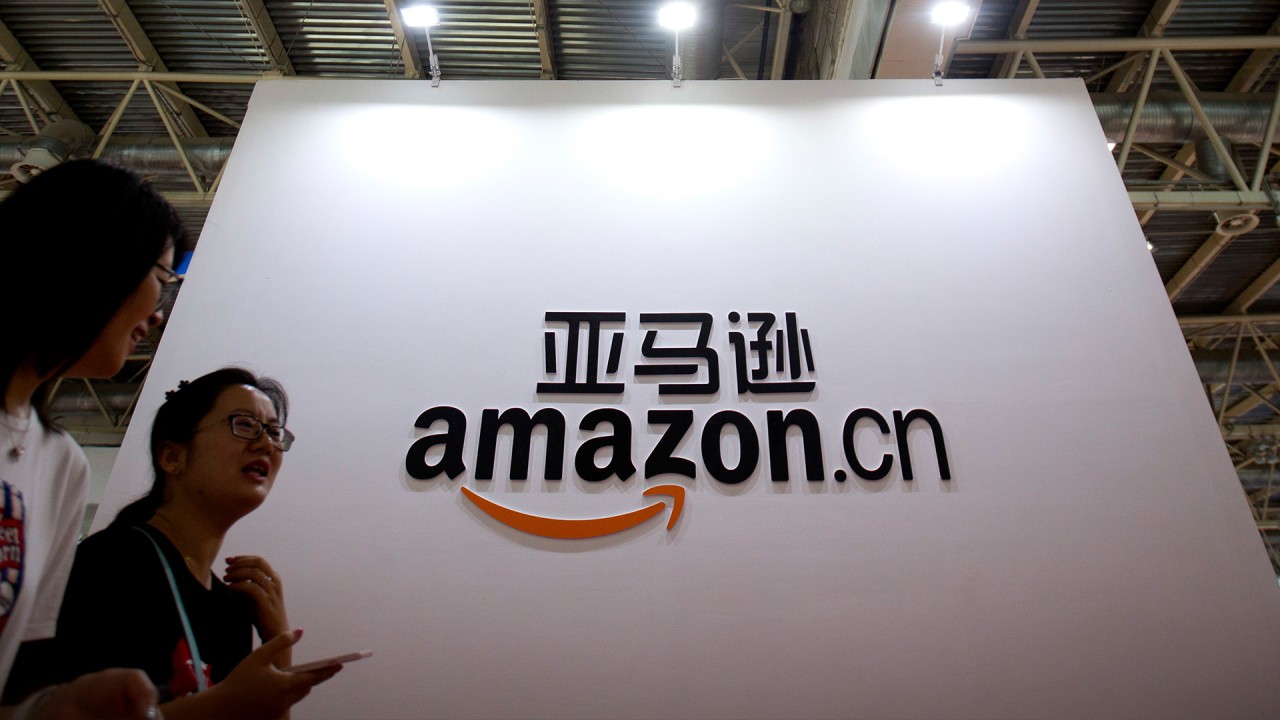
Amazon Kindle closes flagship store on Alibaba’s Tmall, raising questions about the e-book reader’s future in China
- Third-party merchants are still selling the popular e-book device, but only a basic Kindle edition remains available from Amazon on JD.com
- With similar devices now available from Xiaomi, Tencent and others, netizens are questing Kindle’s future in China after Amazon closed its marketplace in 2019
The official Tmall shop for the popular line of e-book readers was no longer accessible on Tuesday. The last time Amazon had promoted the store was in June 2021 on the official Kindle account on the microblogging platform Weibo. Tmall operator Alibaba owns the South China Morning Post.
Most items on its store on JD.com, another major Chinese e-commerce platform, were also out of stock. Only a basic Kindle edition that sells for 658 yuan (US$103) was still available. Third-party vendors were still selling other models on JD.com, Tmall and other marketplaces on Tuesday, with some selling the devices at or below Amazon’s retail price.
Will Tencent’s web novel king draw attention from antitrust regulators?
“[Chinese] customers can continue to purchase Kindle e-readers from offline and third-party online retailers,” an Amazon representative said on Tuesday. “There is no change to the high-quality customer service and warranty that we provide. At present, customer interest in Kindle has been high. Some models are currently out of stock in China.”
Amid fierce competition in China’s e-commerce industry, the company stopped providing seller services on Amazon.cn, but it has maintained operations in the country for businesses such as Kindle, Amazon Web Services (AWS) and allowing Chinese merchants to sell overseas.
Tencent Holdings, China’s biggest social media and gaming company, launched a dedicated e-book device last year for its online reading platform WeChat Read, which reported 210 million registered users in 2019.
At stake is a growing market for digital readers in China, which numbered 494 million in 2020, and an industry valued at 35 billion yuan, according to data from the China Audio-video and Digital Publishing Association (CADPA). While the number of digital readers rose 5.6 per cent that year compared with 2019, Chinese readers only read an average of 6.2 books, down from 8.8 books the year before.
With the e-book market growing, the risks to Kindle’s future in China did not escape notice on Chinese social media. Kindle was briefly the most-searched topic on Tuesday morning. Some users left comments on Kindle China’s official page on the platform, asking if they need to back up their devices if the business exits the market. In the past, Amazon has deleted books from users’ devices, for which the platform has previously apologised, and the e-books’ digital rights management (DRM) encryption ties the files to a specific device.
Mainland China is not the only market facing limited Kindle supplies. When shipping to Hong Kong, Amazon.com showed Kindle models as out of stock on Tuesday, but shipping within the US did not have the same problem.



